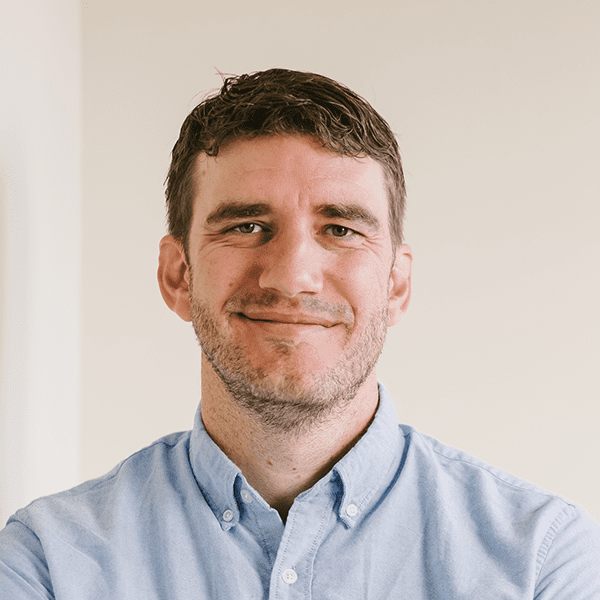I joined a men’s group five or six years ago, and we’re still meeting. It’s a strange thing, this “men’s group,” and it takes many forms. Ours is an amalgamation of accountability, study, therapy, and most of all friendship. The five of us who started the group (there are nine of us now) did so because we were all, to some extent, desperate.
Our group is led by a marriage and family therapist named Bob. It’s not therapy per se, but Bob certainly brings his therapy tools to our meetings. With the steady hand of a relational expert at the till, we didn’t need to veer away from really difficult subjects like childhood trauma, abuse, neglect, or manipulation. That level of honesty in a group of men was unprecedented for all of us—and, to be frank, really hard and intense. Yet as we recognized all the alienating factors at work in each other, it brought a profound sense of recognition and acceptance.
But admitting that we’re broken is only step one. Because when I joined the group what I wanted was for Bob, or God, or my friends—anybody would have done, really—to fix me. Which Bob resolutely refused to do.
The answer to our alienation, addiction, anger, anxiety, superficiality was not to get rid of it. I even thought at times that Bob was not much interested in my problems. I wanted them gone; he wanted me to be kind to my brother-in-law. I wanted solutions; he wanted me to ask a friend if I had ever hurt him, and to listen to his answer. I wanted ease; he wanted me to complicate my friendships by acting as if they meant more to me than mere convenience.
These all seemed like non-sequiturs at the time, but what he understood and I did not was that anger, addiction, self-protection are symptoms of disease, not the disease itself. The problem was with my compromised moral immune system. And no amount of ethical Whack-a-Mole was going to fix me.
The cure turns out to be a harder sell: slower, more gradual, and more holistic. The cure, it turns out, is that we all became friends.
Spiritual friendship makes sin less likely to thrive because friends are better at telling which of the plants you’re cultivating in your spiritual garden are flowers and which are weeds. A true spiritual friend is willing to say to you, “You are being a complete ass.” And there! Your friend has helped you identify a weed—your sense of superiority, say, or your martyr complex—which maybe you were cultivating as a flower. The friend, however, will go on, “And I still love you.” In that moment the weed withers a little.
Somebody has seen you for who you are, has seen your own self-deception, and still loves you. Your friend is participating with Christ in your sanctification.
Do we still get angry at each other, or at our wives, or at our kids? Do we still have addictions? Do we still neglect those we love? Of course. Our sins, however, don’t so much go away as move from centre to periphery. In the bright light of spiritual friendship, an addiction, for example, moves from obsession to preoccupation, and from preoccupation to simply nuisance. This diminution of sin recalls the poet Scott Cairns’s observation that “sin is not so bad / as it is a waste of time.” The goal of Christianity, realized through spiritual friendship, is not to stop sinning but to crowd out sin with love.
Do we have few or poor friendships because our age is fractured, or is our age fractured because we are in extreme poverty of friendship? In any case, our wounds will not bind themselves; we must tend to each other as friends. In no other way will the fractured bones of our society be set by the physician who has also called us friend.
[A version of this essay first appeared at eighthdayinstitute.org.]
Read more stories of hope and heartbreak in the Summer 2018 symposium on social isolation here.


